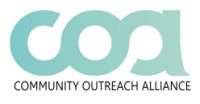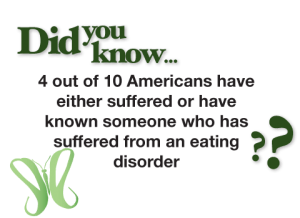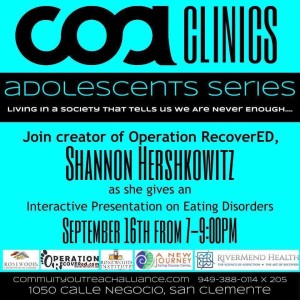Living in a society that tells us We Are Never Enough ~ by Ryan Rode
Eating disorders are not a fad, phase or lifestyle. They are serious, life threatening conditions that can lead to damaging consequences mentally, emotionally and physically. They are often hidden, kept as a secret for fear of judgment and the stigma involved. They are, however, treatable and the prognosis is excellent if a well-structured treatment plan is administered and ongoing support is provided.
Anyone can develop an eating disorder. It is an illness that does not discriminate. It does not develop because of weak willpower, socioeconomic status, gender or age. What we do know is that it can be tied to a mental health condition such as depression or psychological factor such as low-self esteem.
It doesn’t help much that our youth—and society as a whole—is constantly bombarded by images of attractive, thin celebrities or persons of great influence. We are taught that this is the norm and anything below is unappealing or sub-par. We are not born with poor body image, it is taught.
The three main types of eating disorders that plague our society are anorexia nervosa, bulimia nervosa and binge eating. Each has its own unique characteristics and red flags.
Many people with anorexia nervosa see themselves as overweight, even when they are starved or are clearly malnourished. Eating, food and weight control become obsessions. A person with anorexia nervosa typically weighs him/herself repeatedly, portions food carefully and eats only very small quantities of only certain foods.
Those with bulimia nervosa may engage in recurrent and frequent episodes of eating unusually large amounts of food followed by purging, fasting and/or excessive exercise. Individuals struggling with bulimia nervosa may exhibit an obsession with counting calories and weight, frequent trips to the bathroom, especially after eating and distorted body image.
Similar to bulimia nervosa, individuals with a binge eating disorder will consume a large amount of food, sometimes uncontrollably. However, unlike bulimia, after a binge there is no purging, fasting and/or excessive exercise.
Like many severe illnesses, eating disorders require a comprehensive, long-term treatment plan that usually involves individual or family therapy and that may include medication and even immediate hospitalization. You’ll want to find a center that has experienced doctors and certified eating disorder specialists, along with a progressive integrated program of therapeutic services and behavioral health.
To learn more about eating disorders, please join Shannon Hershkowitz from the Rosewood Centers for Eating Disorders for a lively discussion with Q& A about this disease. You’ll learn how to spot red flags, establish a clear plan on how to seek help and learn to identify support systems when your eating disorder secret becomes dangerous.
“Living In a Society That Tells Us We Are Never Enough”
AN, BN, BED, COE – education
Shannon Hershkowitz, Rosewood’s Alumni Recovery Coach, works with over 700 alumni and their families worldwide. She has been in the field working with eating disorders for over 14 years. Shannon is known for her motivation and inspirational pep talks to keep the alum on the road to recovery. Shannon has created an organization called Operation RecoverED and works with the alumni to raise awareness of the dangers of this disease. Children are educated, supported and encouraged to use their voice.








